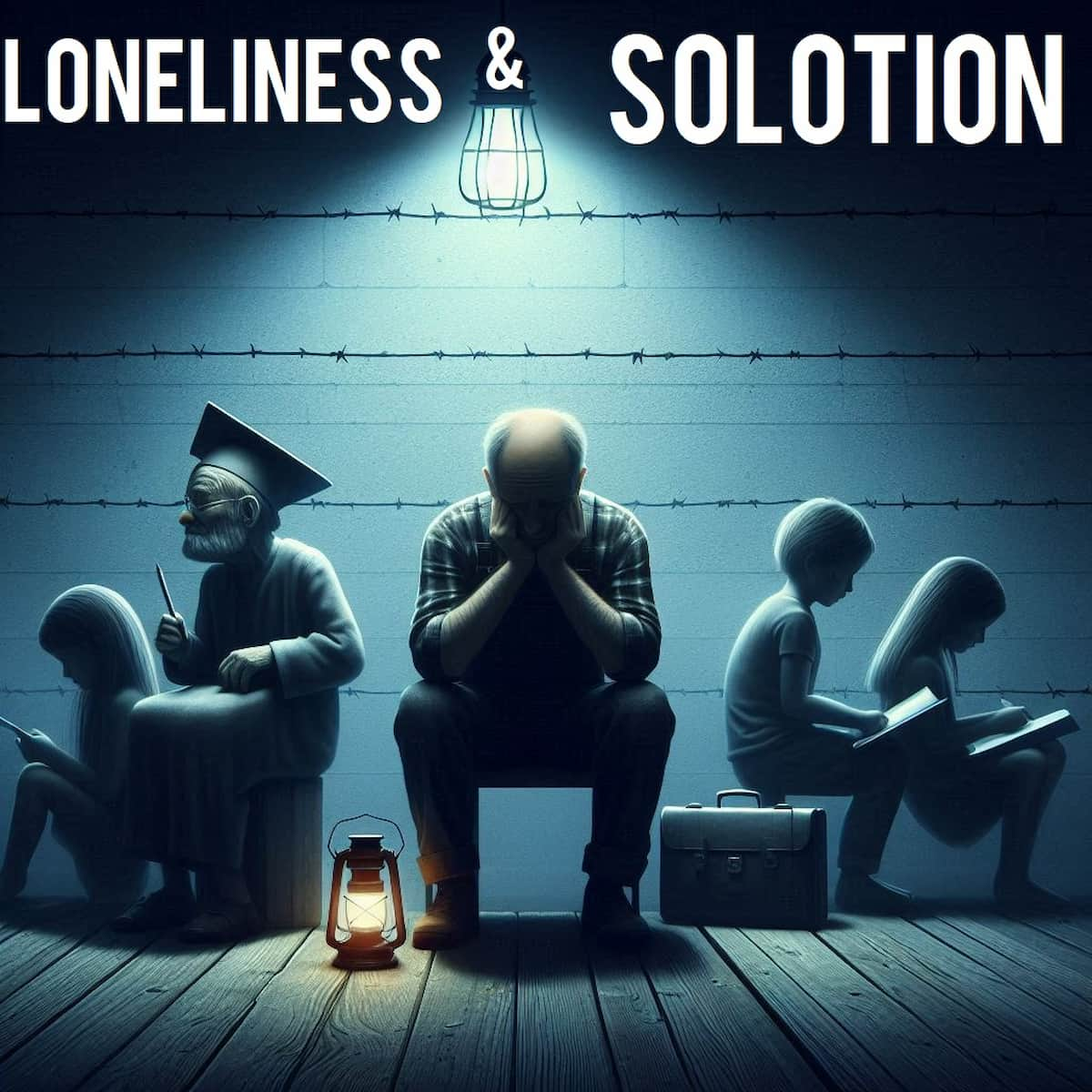Loneliness can seep into even the closest of relationships, leaving individuals feeling isolated and disconnected despite being with a partner. In this exploration of loneliness within relationships, we’ll uncover the common causes, effects, and strategies for fostering deeper connection and intimacy.
Key Takeaway:
Loneliness can exist within relationships, impacting both partners and the relationship itself. By acknowledging and addressing feelings of loneliness with open communication, empathy, and mutual support, couples can strengthen their bond and cultivate a deeper sense of connection.
Understanding Loneliness in Relationships
Causes:
- Communication Breakdown: Poor communication or lack of meaningful conversations can lead to feelings of emotional distance and loneliness.
- Unmet Expectations: Discrepancies between expectations and reality within the relationship can leave individuals feeling unfulfilled and disconnected.
- Life Transitions: Major life changes such as parenthood, career shifts, or relocation can disrupt routines and strain the connection between partners.
- Individual Differences: Differences in personality, interests, or attachment styles can contribute to feelings of loneliness if not understood and respected within the relationship.
Effects:
- Emotional Distress: Loneliness within relationships can lead to emotional distress, including feelings of sadness, emptiness, and dissatisfaction.
- Strained Communication: Partners may withdraw or become defensive, leading to further communication breakdowns and misunderstandings.
- Impact on Intimacy: Loneliness can erode physical and emotional intimacy within the relationship, creating barriers to vulnerability and closeness.
- Relationship Satisfaction: Feelings of loneliness can negatively impact overall relationship satisfaction and contribute to conflict and resentment.
Strategies for Overcoming Loneliness in Relationships
1. Open Communication:
- Express Vulnerability: Share your feelings of loneliness with your partner openly and honestly, fostering empathy and understanding.
- Active Listening: Practice active listening and empathy, validating your partner’s experiences and emotions without judgment or criticism.
- Problem-Solving Together: Collaborate with your partner to identify underlying causes of loneliness and brainstorm solutions together.
2. Cultivate Connection:
- Quality Time: Prioritize quality time together, engaging in activities that promote connection and intimacy, whether it’s going for a walk, cooking together, or simply cuddling on the couch.
- Shared Interests: Find common interests and hobbies that you can enjoy together, fostering shared experiences and creating opportunities for bonding.
- Small Gestures: Show appreciation and affection through small gestures and acts of kindness, reinforcing your commitment to each other.
3. Seek Professional Help:
- Couples Therapy: Consider seeking couples therapy or counseling to address underlying issues and improve communication and intimacy within the relationship.
- Individual Support: Individual therapy can provide a safe space to explore personal feelings of loneliness and develop coping strategies for managing emotions within the context of the relationship.
Conclusion
Loneliness within relationships is a common yet often overlooked phenomenon that can have significant implications for both partners and the relationship itself. By acknowledging and addressing feelings of loneliness with open communication, empathy, and mutual support, couples can strengthen their bond and cultivate a deeper sense of connection and intimacy. Remember, you’re not alone in your struggles, and there are resources and support available to help you navigate the challenges of loneliness within your relationship.














